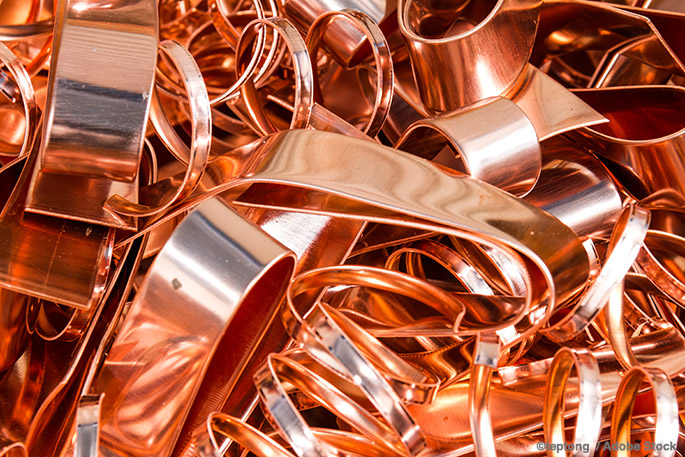
Recycled copper holds 90% of the value of new ore. Processing copper from recycled metal uses 85-90% less energy than processing copper from virgin ore. That’s a win-win! American copper mines use open-pit methods of extracting small amounts of low-grade ore from large amounts of crushed rock; the value of copper means even current methods of copper mining are profitable, if not environmentally sustainable. Most open pit copper mines are abandoned when the copper is played out, and left as open pits.
The copper recycling industry is not keeping up with the opportunity, however. Only about 34% of domestic copper production comes from recycled copper; much of that is post-industrial. Only half of recycled copper is post-consumer.
Why is it difficult to recycle copper and what are we doing with all of it? The average apartment, a thousand square feet, has an estimated 300 pounds of copper in tubing, wiring, appliances, plumbing, and fixtures. A typical family home has more than that, with larger appliances and home HVAC systems.
This heavy use of copper in appliances and construction industries makes copper recycling a different animal from recycling usual post-consumer waste. Scrap-metal recyclers can take old appliances apart, separating the different metals. Specialists in historical buildings know how to save the architectural and structural details that cannot be replicated, and also know how to scavenge the copper from old wiring and plumbing fixtures. It’s a challenge when buildings are structurally unsound.
With the heaviest use of copper being in the construction industry, that industry can take the lead in recycling activities. Careful use of materials during construction, collection of scrap during building, and use of recycled copper whenever available are all industry-specific activities. Other considerations that consumers can participate in include the expectation of appliances in homes– washers and dryers in homes, rather than community laundry facilities, for instance. In the future, community kitchens, laundry facilities, and business centers can replace current expectations of personal living space.
Copper is also used extensively in ores, and these mixtures of metals, such as bronze, cannot be separated out into the constituent metals. But foundries can recycle metal ores such as bronze and brass.
Vocational and technical training programs could do a better job at introducing young workers to the challenges and opportunities of the copper and scrap metal recycling industry. Recycling copper has its challenges that need safety training, but it is a needed and valuable skill.







































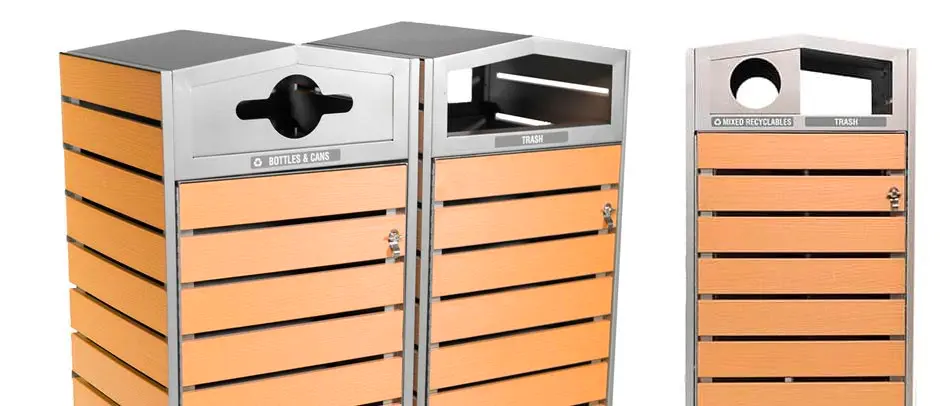













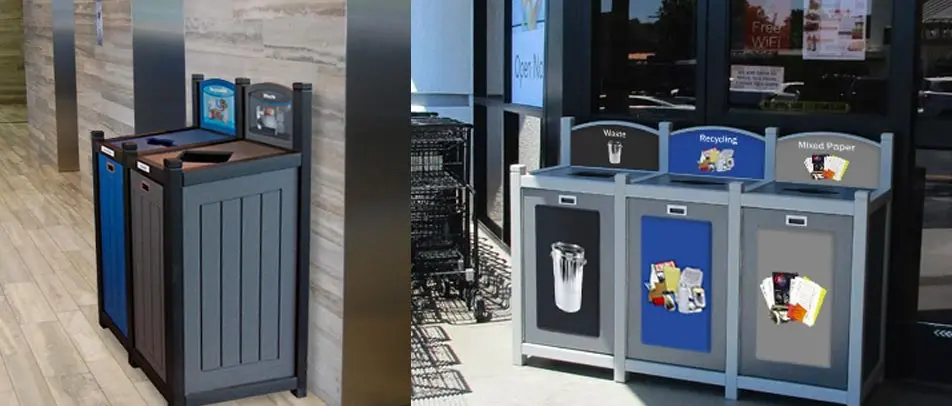






















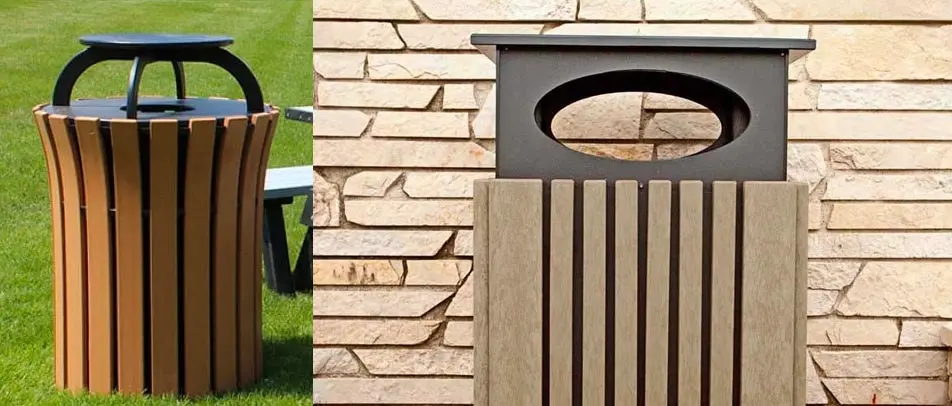














































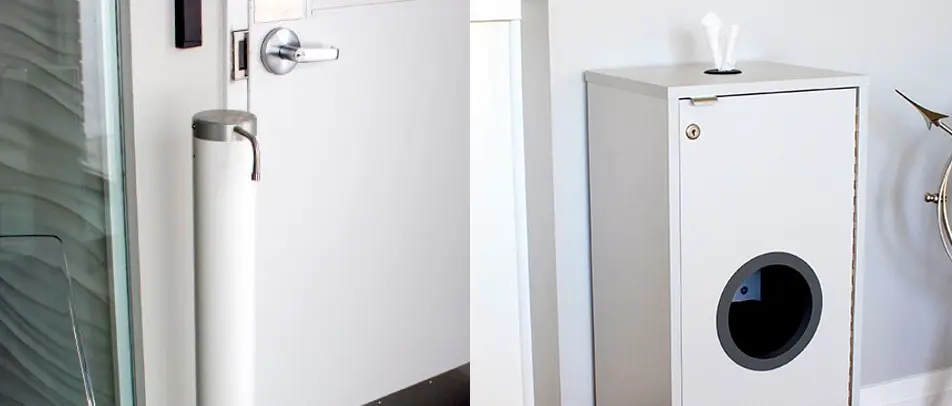


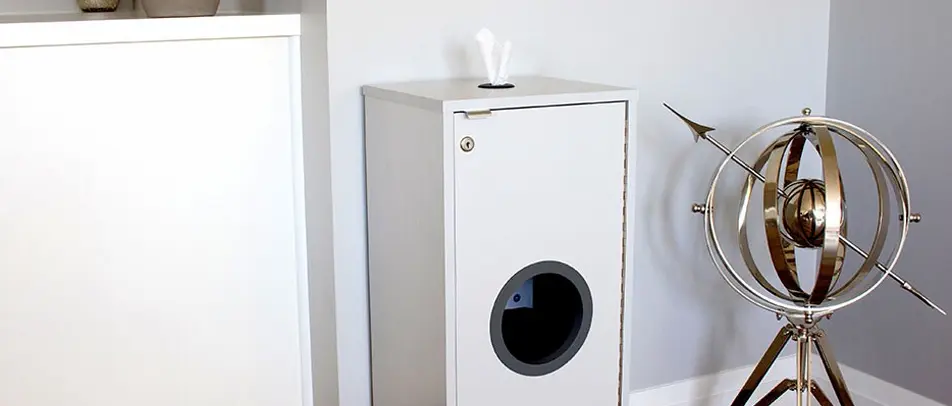


 Three Ways to Engage Teams and Clients to Maximize Your Recycling Program Engagement
Three Ways to Engage Teams and Clients to Maximize Your Recycling Program Engagement  How to Integrate Accessibility Into Your Sustainability Planning
How to Integrate Accessibility Into Your Sustainability Planning  Why Park Benches Can Promote Workplace Well-Being
Why Park Benches Can Promote Workplace Well-Being 
